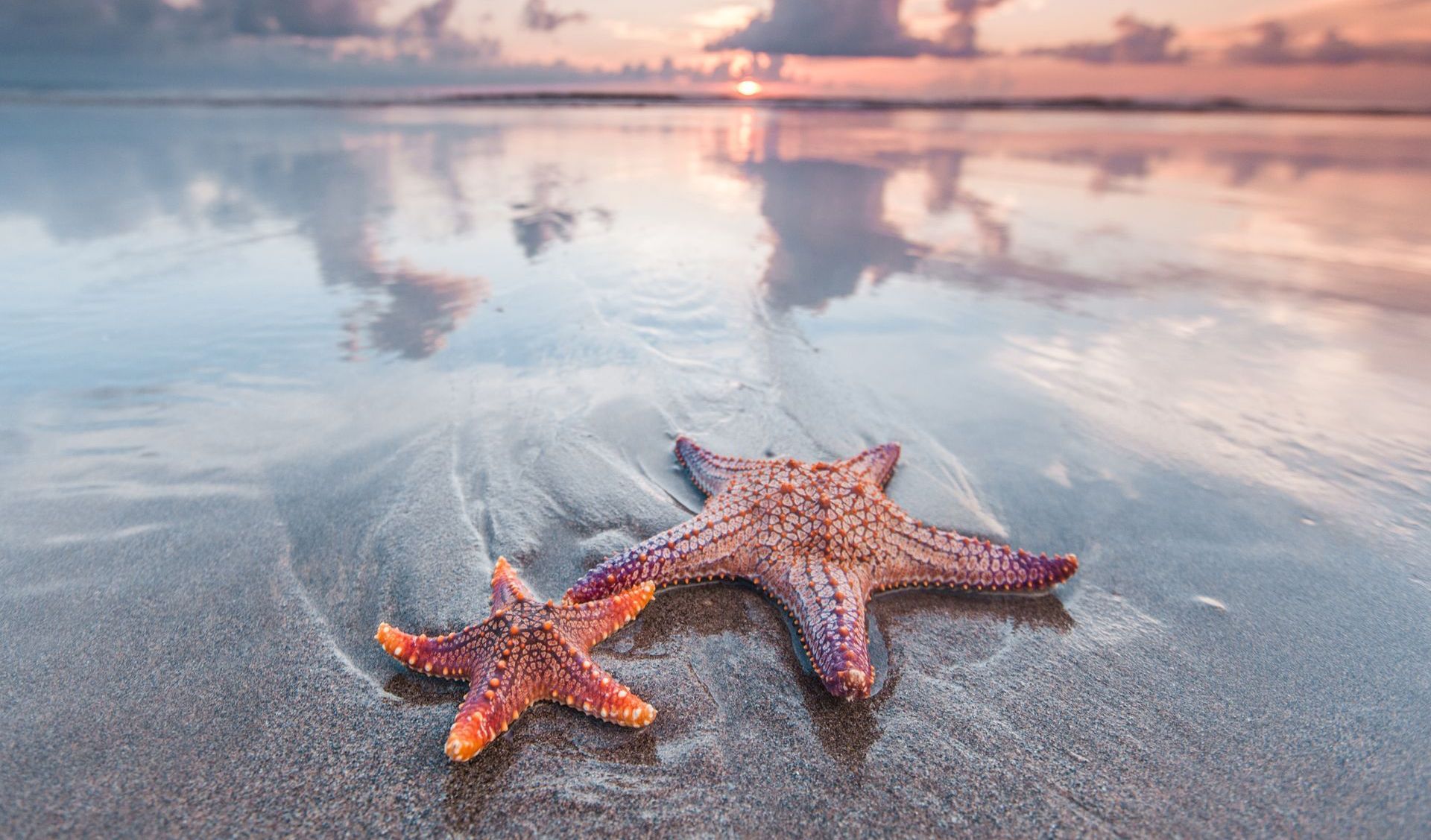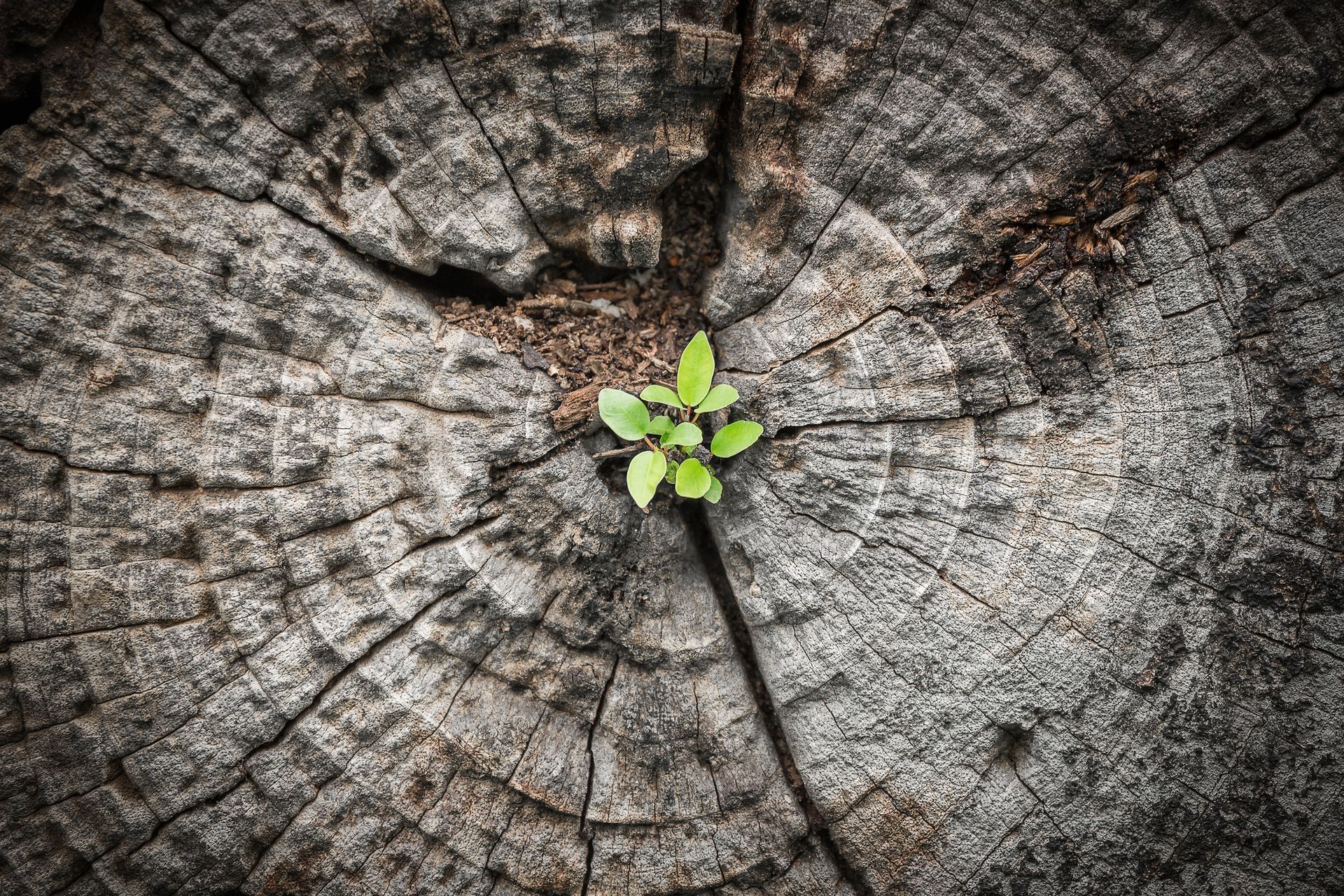Whenever I talk to young people, I am impressed by how different their perspective is about collapse, compared to me and my generation.

My cohort (I’m 65) has what I would call “nostalgia” for a world which we knew and which is now passing away. The younger folks have never known a world that is not perched on brink of collapse.
In a recent Collapse Club meeting, I had the chance to hear from some “young people,” which in this context means people in their mid-30s. This is a different demographic than the mainstream of our participants, who tend to be in their 50s and older.
The young folks have lives, careers, and families that are in their early stages. Their knowledge of collapse forces them to confront choices which are completely outside the conventional paths offered by the “business-as-usual” society. The old maps are meaningless, and there are no new maps aside from what we can discover together.
Young people who are collapse-aware face a terrible dilemma. They must balance their understanding of reality against the need to “pay the bills”: to have a place to live, to eat, to get medical care. Many of the folks I heard from talked about the acute stress caused by the contrast between what they know and what they are required to do, just to survive.
People with young children face particular difficulty. How are they to protect their kids in a collapsing world? What should they tell them about our current situation? The responses I heard focused on giving the children a loving, supportive environment, and cherishing every moment, regardless of the imagined future.
These young folks seem strong and resilient. They do not lie to themselves about the future, but they are not disheartened about the present. They are exploring, with all the gravitas and intelligence they can muster, how best to live in an uneasy and challenging time. I am grateful to hear from them, and I hope to learn from them as time goes on.
These stories contain the opinions of the writers and do not necessarily reflect the opinion of Collapse Club members or conveners.
This work is licensed under Attribution-NonCommercial-NoDerivatives 4.0 International
Discuss this post!
If you would like to comment on or discuss this post with others, please join the Collapse Club Facebook Group.
Visit our Facebook Group for interesting links and light-hearted discussion. Check out the Glimmer Chat!

This article on young folks, from an old folks’ perspective, doesn’t capture my experience or that of my peers. My crew & I, young and old, are grieving the losses but more interested in creating what we can from the shell & bones of collapse. We don’t have the luxury of dying before it happens, unless we die by suicide or natural disaster, so we’re skill-building on how to build community and coalitions of like-minded people; adapt to & filter out fast-moving news streams; breathe through & transmute pain; serve as death doulas, nurses, Community Health Workers (CHWs), facilitators, and artists; continue to sing & dance together like humans always have.

Having participated in groups like Collapse Club and Death Cafe, and having run my own group Planet Titanic Human Extinction Café, it’s hard not to notice how few people under the age of 30 join us in these forums. After all, like us, many if not most of them are aware of the societal collapse and human extinction which are close at hand.



